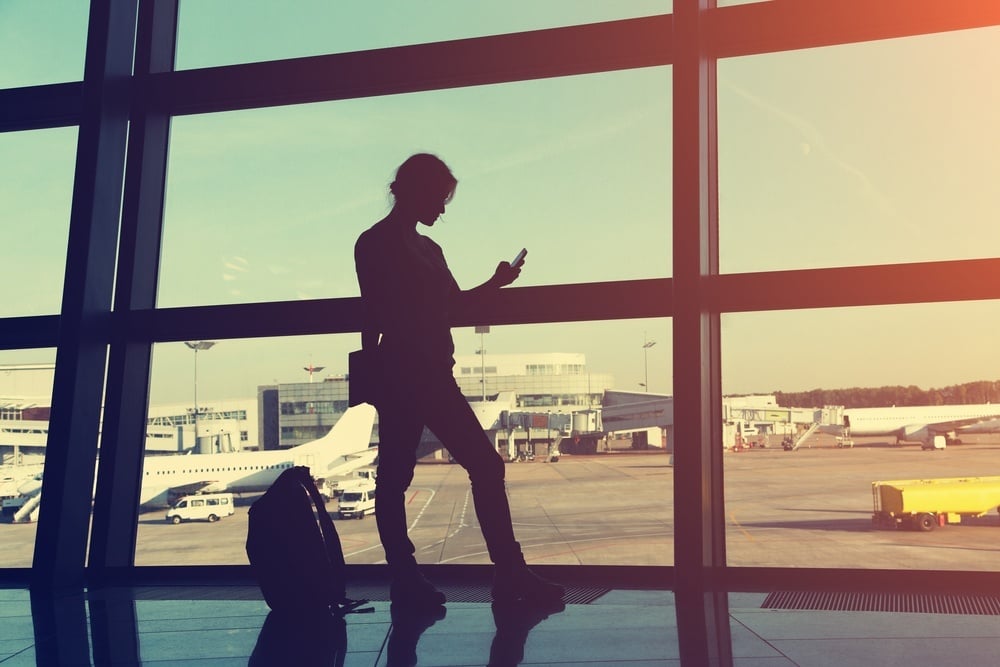It’s no secret mobile bookings are a major force in today’s travel industry. Travelers - particularly millennials and digital natives - are more tech savvy and connected than ever before, and they’re using mobile capabilities to research, book, and review travel experiences at unprecedented levels.
According to the travel industry research group Phocuswright, the online travel market in the United States has seen revenues surge to more than $166 billion since 2012 - in addition, roughly 45 percent of domestic travel spending will come from online travel commerce. Both of these staggering statistics are in large part driven by mobile capabilities and how travel companies leverage their mobile platforms to reach customers and engage with travelers.
In fact, these statistics are just two of many that support the mobile narrative unfolding across the travel and tourism industry. The figures behind the rise of mobile booking technology and the impact this development has and will continue to have on how travel companies and customers interact is one of the more interesting and revealing aspects in today’s travel landscape.




















